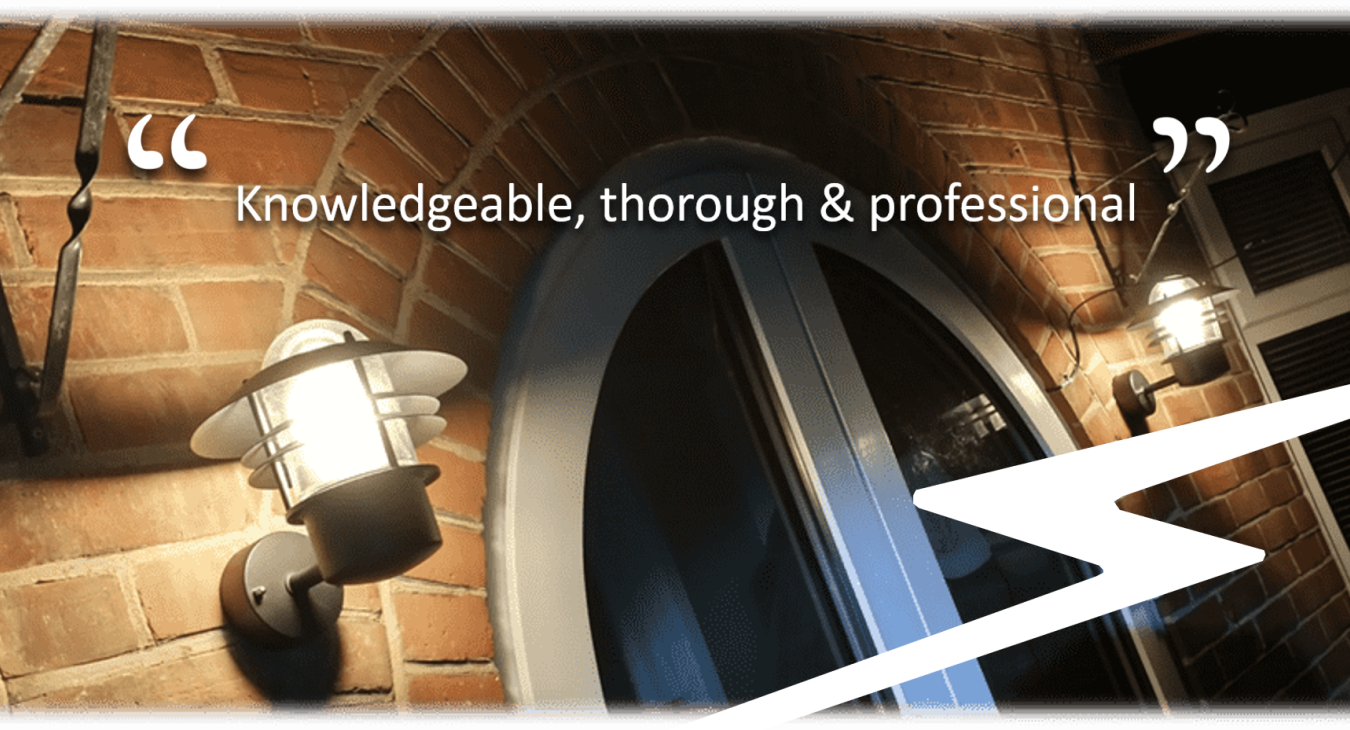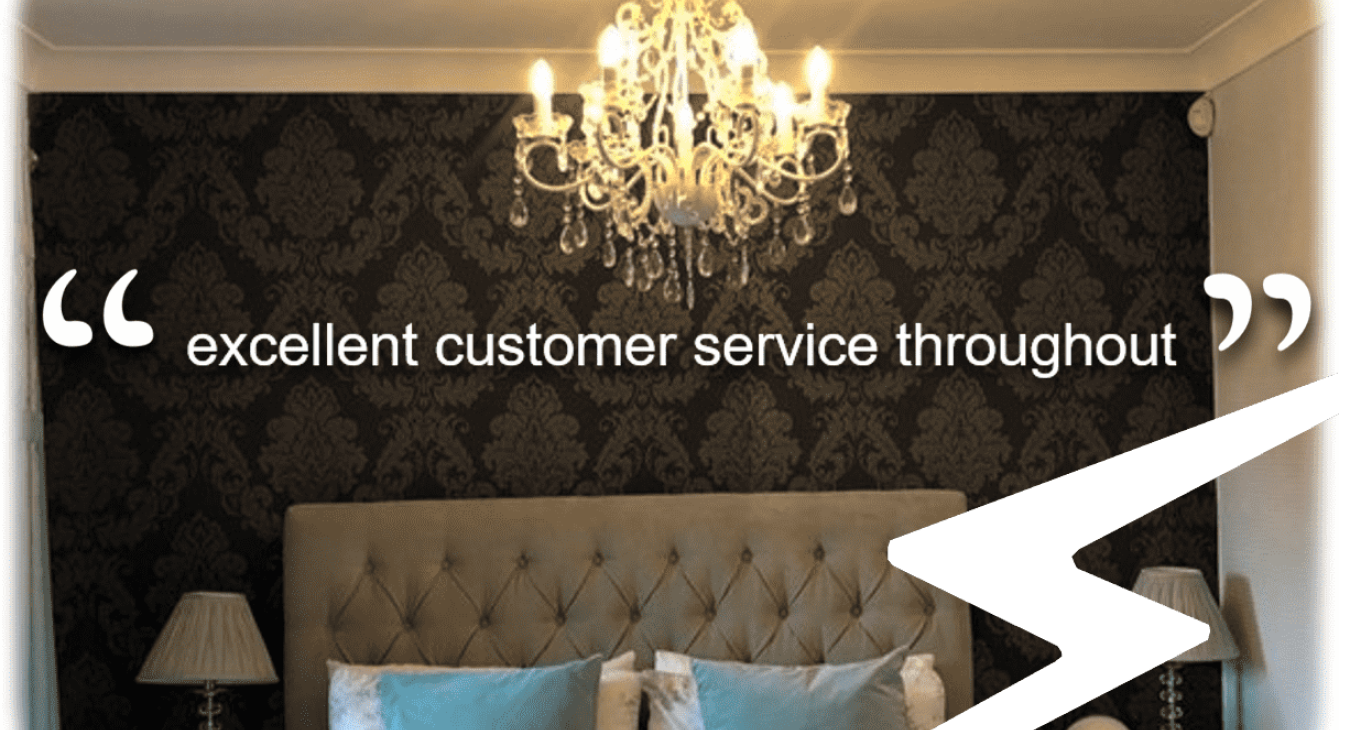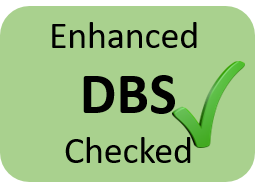When was the last time you tested your fire alarms in your property?
Do you even have any fire alarms in the property?
Since the Grenfell tragedy, and other legislation that's directed at rogue landlords, fire detection & prevention is only going to become more and more robust. There's a given mandatory requirement as a landlord to provide smoke detection for rentals in the UK, and it pretty much says D1 detectors must be used in an LD2 structure as a bare minimum. And let's face it, when it comes to fire detection, we can't really be too safe, can we?
What does having a D1 LD2 fire detection and alarm system actually mean?
D1 Detectors
D1 detectors are mains-powered, battery-backed, and interlinked. They are normally powered by the mains, and if there's a power cut, a battery can take over for a short period. And multiple detectors in a property are able to communicate with one another.
LD2 configuration
LD2 configuration means placing detectors in points of high risk of fire, and the communal escape routes. For the standard rental, this generally means an optical detector in the hallway & landing, and in the living room, and a heat detector in the kitchen. If you're not sure, your registered electricians serving Medway & Maidstone will be able to provide advice on where your detectors need to be placed throughout the property.
Fire alarms? Fire alarms? Smoke detectors? They're all in the region of the same thing. Lets talk about the two main fire alarms you might find in a residential property in the UK.
Optical detectors and heat detectors
So, what are optical and heat detectors? Well, there are many types of fire sensors that detect different aspects of what might be the signs of a fire, and the optical and heat are now the two most prevailing types in the UK, and likely the entire modern world.
Optical Detectors
Optical detectors use a light source and a photocell to sense smoke particles in the air. They are good at detecting slow, smouldering fires that produce a lot of smoke, such as those caused by cigarettes or electrical faults. because they're so sensitive, they're not well-placed in areas that have a lot of smoke and steam in their normal use - inside, or just outside of kitchens & just outside bathrooms. (Otherwise you'd want to take a hammer to them every time you cook up your favourite steak!)
Heat detectors
Heat detectors, on the other hand, use a heat-sensitive element to detect the rise in temperature caused by a fire. They are good at detecting fast, flaming fires that produce a lot of heat, such as those caused by cooking oil or flammable liquids. This does make them quite less sensitive to the optical types, but this makes them much more suitable to be placed where optical detectors would be too sensitive, such as in the kitchen. Around a third of residential fires start in the kitchen!
Where do smoke detectors and heat detectors need to go?
That's where you really want to make sure you get it right and follow BS 5839, the particular standard that British Standards Institution (BSI) have come together to produce the minimum standard required for fire detection and alarms in the UK.
Depending on the entire property, its rooms and the type of fire risk associated with each room, you will likely need both types of detectors throughout the property in order to provide adequate protection. For example, in a kitchen or garage, where smoke or mist may be present from normal activities, a heat detector is more suitable as it will not trigger false alarms. In a lounge or bedroom, where smouldering fires are more likely to occur, an optical detector is more suitable as it will detect smoke before it becomes too thick. If you need assistance with navigating these regulations, please feel free to contactor your friendly local electricians in Medway & Maidstone.
As already mentioned, a general rule of thumb for a standard rented property to one whole family only would require an optical in the hallway, on the landing, and in the living room, and a heat detector in the kitchen. The larger and more complex the house, the more detectors you might need, and if the property is a House of Multiple Occupation (HMO) or house share of some sort, the minimum standard generally increases and veers more toward commercial style fire alarm systems.
But how do you choose the best detectors for your system?
Well, it's entirely up to you but if we had to stick by brands, it'd be Aico in the domestic market and Apollo in the commercial market.
For the purposes of domestic rental properties we'll stay with Aico for now. and our absolute favourite range is their latest 3000 series
Aico detectors - fitted by your very own local electricians serving Medway and Maidstone!
Aico offers the entire range of detectors that would ever be possibly required in a domestic setting. They have a very easy to use interface (the big round button!) and work almost seamlessly. The 3000 series have built in batteries so you don't need to change the little square battery every year or so, and they also offer wireless communication between each detector in the property (and are smart enough to know not to join in on the fun when next door has burnt their toast!)
One of the main benefits of Aico detectors is their wireless connectivity. This means that you don't need to run wires between the detectors or connect them to a central control panel. Instead, they communicate with each other using radio signals and form an interlinked network throughout your property. This makes them easier and cheaper to install, as you don't need to drill holes or chase cables through walls.
Another benefit of Aico detectors is their smart features. They have a built-in sounder that can be silenced or tested with a simple press of a button. (You remember that big round button?) They also have a self-test function that checks their battery and sensor status every 40 seconds and alerts you if there is any problem. They also have a dust compensation feature that adjusts their sensitivity according to the amount of that slowly accumulates inside them.
Aico detectors are also compatible with other smart devices such as smartphones, tablets and smart speakers. You can use an app or voice command to monitor and control your fire alarm system from anywhere. You can also receive notifications and alerts on your device if there is any fire event or fault detected, and even download your very own personal data profile for that detector!
That's it for detectors for now, folks!
Do you require assistance with fitting a new fire alarm system to your rental property?
Call your local NICEIC registered electricians in Medway and Maidstone today!
01622 277 321
(or if your property is further afield find your rated local electrician in our UK wide professional network
We'll be talking you through the standard setup for fire alarms in UK private rented accommodation.











